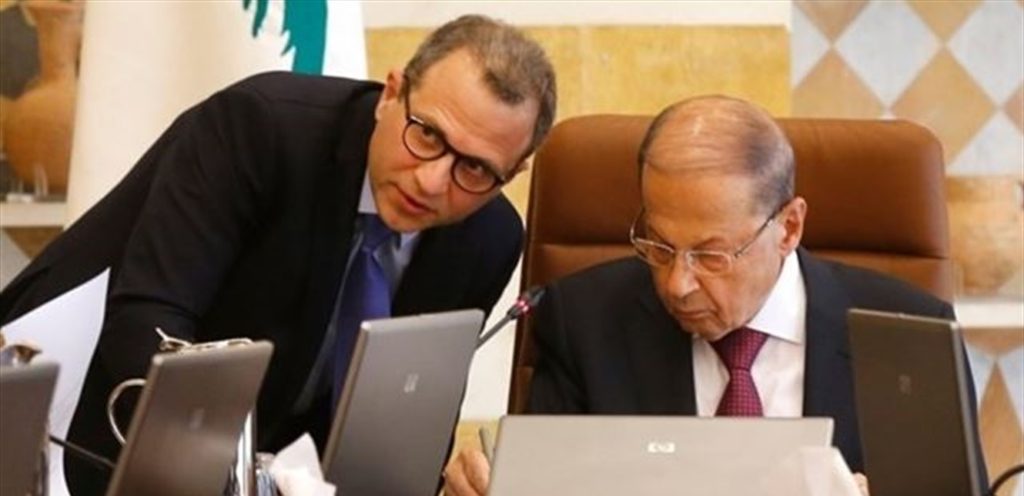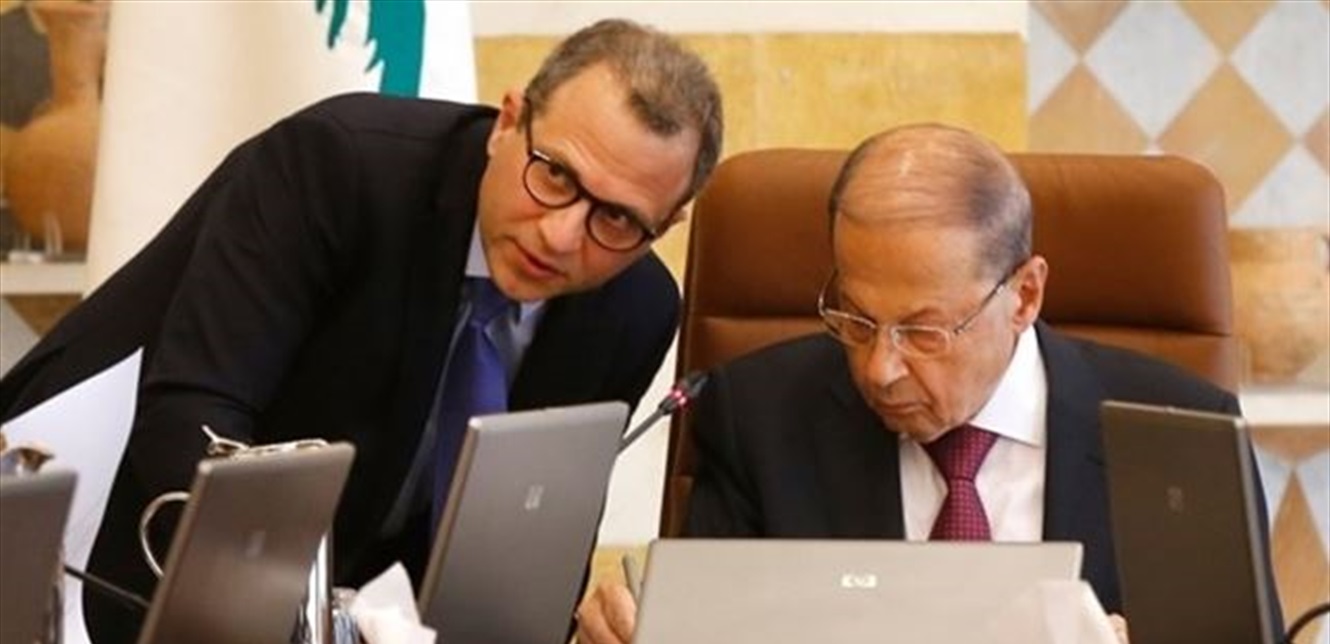
President Michel Aoun says holding elections in March, almost two months earlier than scheduled, would lower voter participation. In rejecting the amendment he is backing his son-in- law Gebran Bassil who predicted five months before the vote that the weather will be bad and many Christians won’t be able to vote.
Beirut, Lebanon – President Michel Aoun has sent a draft law to hold parliamentary elections ahead of time on 27 March instead of May back to parliament for reconsideration.
The president’s office said on Friday that holding elections almost two months ahead of schedule would pose logistical issues, shorten the timeframe for Lebanese expats to register, and prevent young people who would reach the voting age of 21 by May 8 from taking part.
Speaker Nabih Berri called for a joint parliamentary committee meeting on Tuesday to further discuss these developments.
Senior Member of Parliament Alain Aoun from the Free Patriotic Movement told Al Jazeera that they will advocate for holding elections next May when parliament meets.
It is unclear whether other political parties will change their minds.
“So far a majority is still for March 27,” Aoun told Al Jazeera.
On Tuesday, Lebanon’s parliament voted for holding parliamentary elections on March 27 instead of May 8. Prime Minister Najib Mikati said in late September that officials were considering holding the polls earlier to avoid campaigning during the Muslim fasting month of Ramadan.
Lebanon’s parliament consists of 128 politicians, proportioned based on the country’s 18 religious sects. Parliamentary terms last four years, though the last polls in 2018 were held five years late.
Ibrahim Halawi, secretary of foreign relations of independent political party Citizens in a State, says this is indicative of continuing political paralysis, and fears of another term renewal.
“The system is failing not only to manage the economic crisis, but to even manage the basic elements of democracy vis-a-vis elections,” Halawi told Al Jazeera.
The international community and emerging opposition political parties in Lebanon have demanded that the Lebanese authorities hold elections on time.
The elections come at a critical time for Lebanon, which is mired in a devastating economic crisis. Three-quarters of the population have been plunged into poverty and locked out of their bank savings. The local currency has lost around 90 percent of its value in under two years.
The election will be the first since the country’s popular uprising in late 2019, when hundreds of thousands of people began demanding an overhaul of the political and economic status quo.


Leave a Reply
You must be logged in to post a comment.